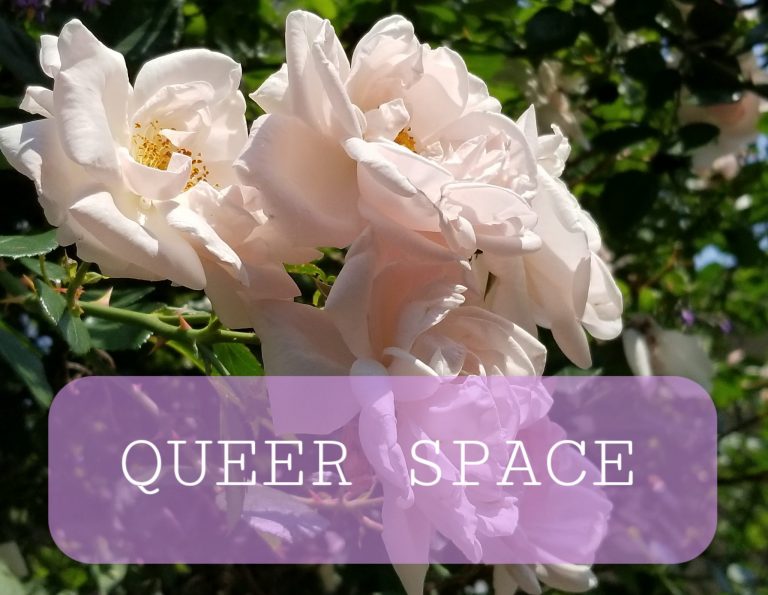By Jansher Khan
Just over a decade ago, Canada became the fourth country to legalize gay marriage.
At the time, I was just a middle school student still coming to terms with my own identity as a gay man. I was innocently unaware of the many Queer people and their loved ones then celebrating the legal acceptance of their love.
I was also unaware that this victory set Queer activism on a dangerously one-sided legal trajectory that would never give the movement the ability to fight for the freedoms of Queer people entirely.
Queer activism has strong emphasis on seeking assimilation into the legal world which limits our ability to see alternative, more inclusive and more progressive approaches to Queer freedom and prevents us from reshaping legal institutions to better benefit everyone.
That’s not to say legal victories are unimportant or in opposition to the cause Queer activism has long fought for. What’s concerning is how Queer people are too often assimilated into a heteronormative legal system that prevent them from enjoying the freedom of being Queer.
Queer folks can only exist as long as they fit the mould of a heterosexual lifestyle: the nuclear family, but gay, with one masculine daddy top that goes out to work and a twink femboy who stays home, cooks and looks after the kids.
First, it’s essential to understand the difference between rights and freedoms. Rights are restricted by law, such as how much salary you are entitled to after working full time. Freedoms are not bound by law, such as—or what should be—who you choose to love and the ways and amounts in which it can be expressed.
The general path in which Queer rights have been pursued following the decriminalization of homosexuality has taken the form of gay marriage, adoption and rights to parenthood, and further along that trajectory, rights to divorce and custody. In other words, Queer activism becomes increasingly focused on providing the same legal rights as heterosexual couples.
The end goal of Queer activism becomes the need for validation and assimilation into a heteronormative legal system that is not only founded on queerphobic principles but also racism, ableism, classism and other forms of discrimination tracing their roots back to Western colonization.
A heteronormative legal system will never accommodate or benefit the lifestyles and freedoms of Queer people entirely, but will create more opportunities for heteronormative assimilation, reinforce stereotypes and won’t benefit non-Queer people either.
Significant literature has been published investigating criticism and flaws of the human rights agenda, namely its lack of inclusivity, Westernized rhetoric, emphasis on Western ideals, generalization of values and negligence of cultural differences and lenses worldwide. But absent from much of this is a Queer lens, such as consideration of homonationalism, which is critical to developing holistic solutions to human rights that benefit everyone.
We’ve seen many marriages fail or known people whose parents divorced. Therefore, we are rightfully concerned about marrying the person(s) with whom we fall in love.
The current structure of marriage as an institution is severely outdated. It is meant to support the simple lifestyles of pre- and early-industrial livelihood, is limited to heterosexual couples and leaves little room for romantic exploration.
Queer activism reinforces heteronormative stereotypes and, by extension, discrimination towards those that don’t fit under the heternomative mould in legal and general terms. It also forces us to question how other minorities are viewed under the legal umbrella.
Marriage, as an institution, is failing and unable to fully accommodate Queer people. Exploring the legal world through a Queer lens to help find solutions to the failure of legal institutions for everyone is important. It’s also worth branching out from the legal world in our approach to activism, seeking freedom through more sustainable and inclusive methods.
The Queer Space is an effort to build more queer spaces in Waterloo Region and a place for queer members of the community to share their thoughts on anything and everything. This space is for all queer writers, regardless of experience (I’m an editor! I can help with that). In addition, if you would like to write to us but are hesitant to have your name attached to your piece, having a pen name or simply being anonymous is perfectly acceptable! If you would like to contribute or if you have name suggestions, please email editor@communityedition.ca. We look forward to hearing from you!

